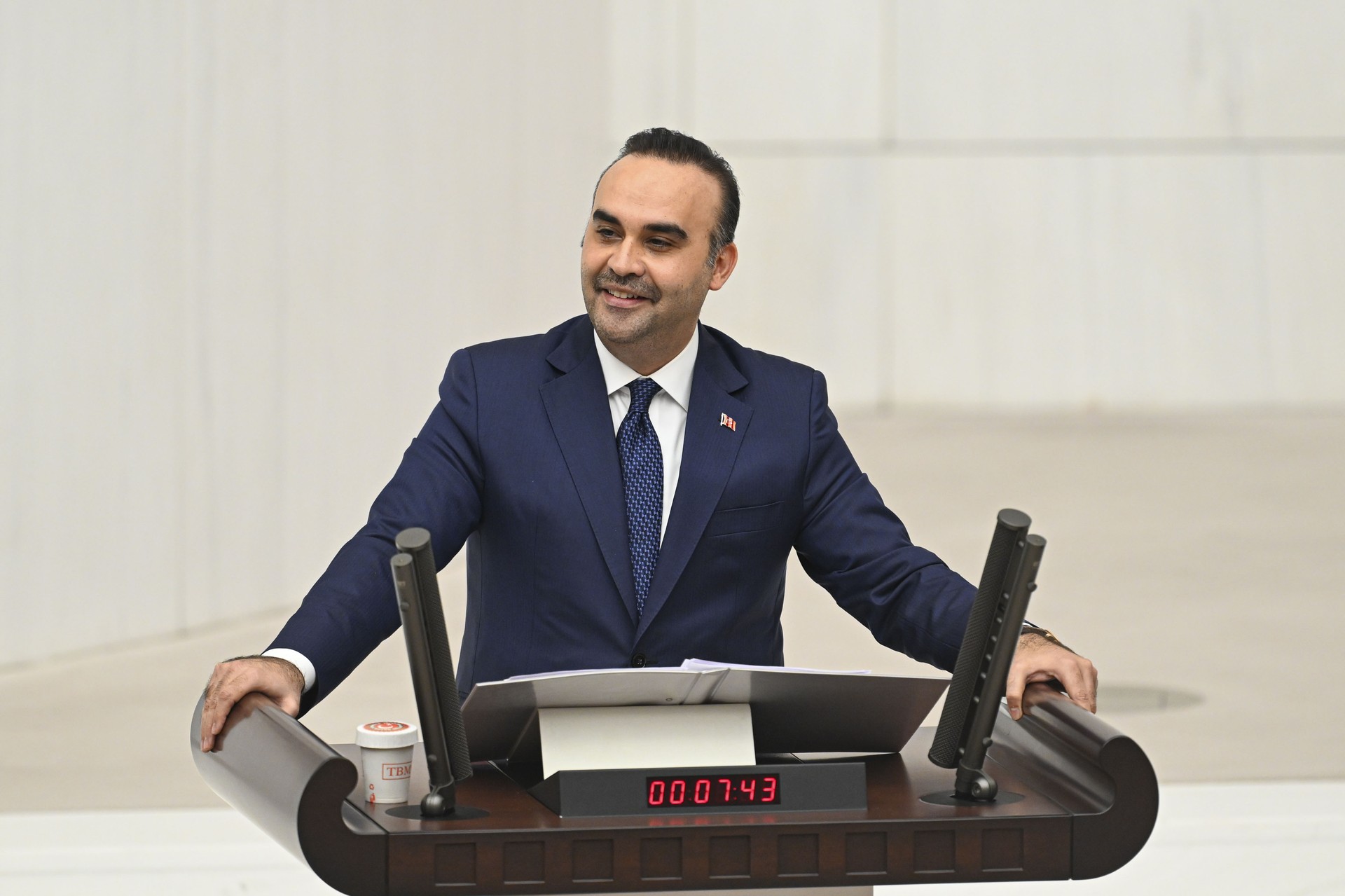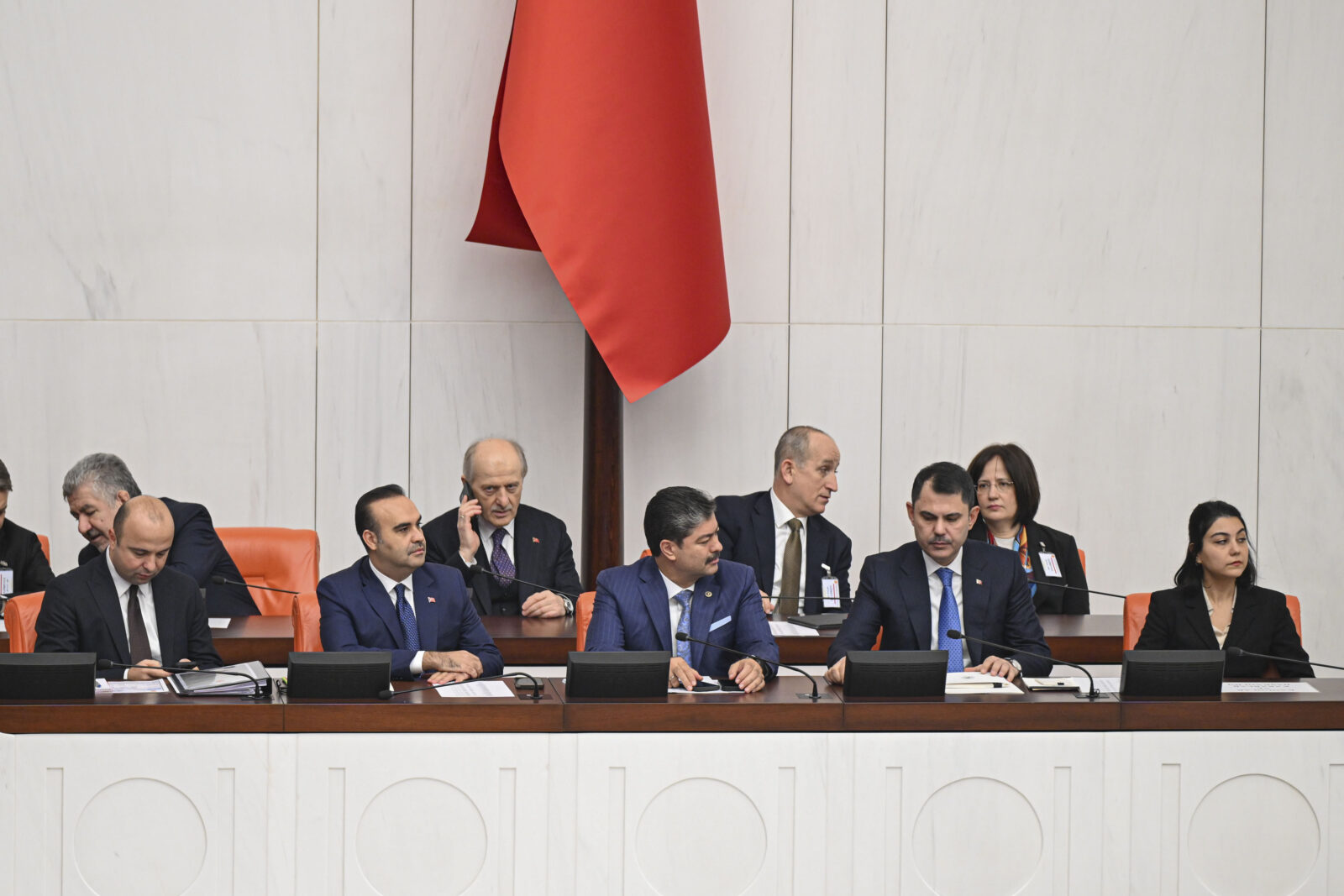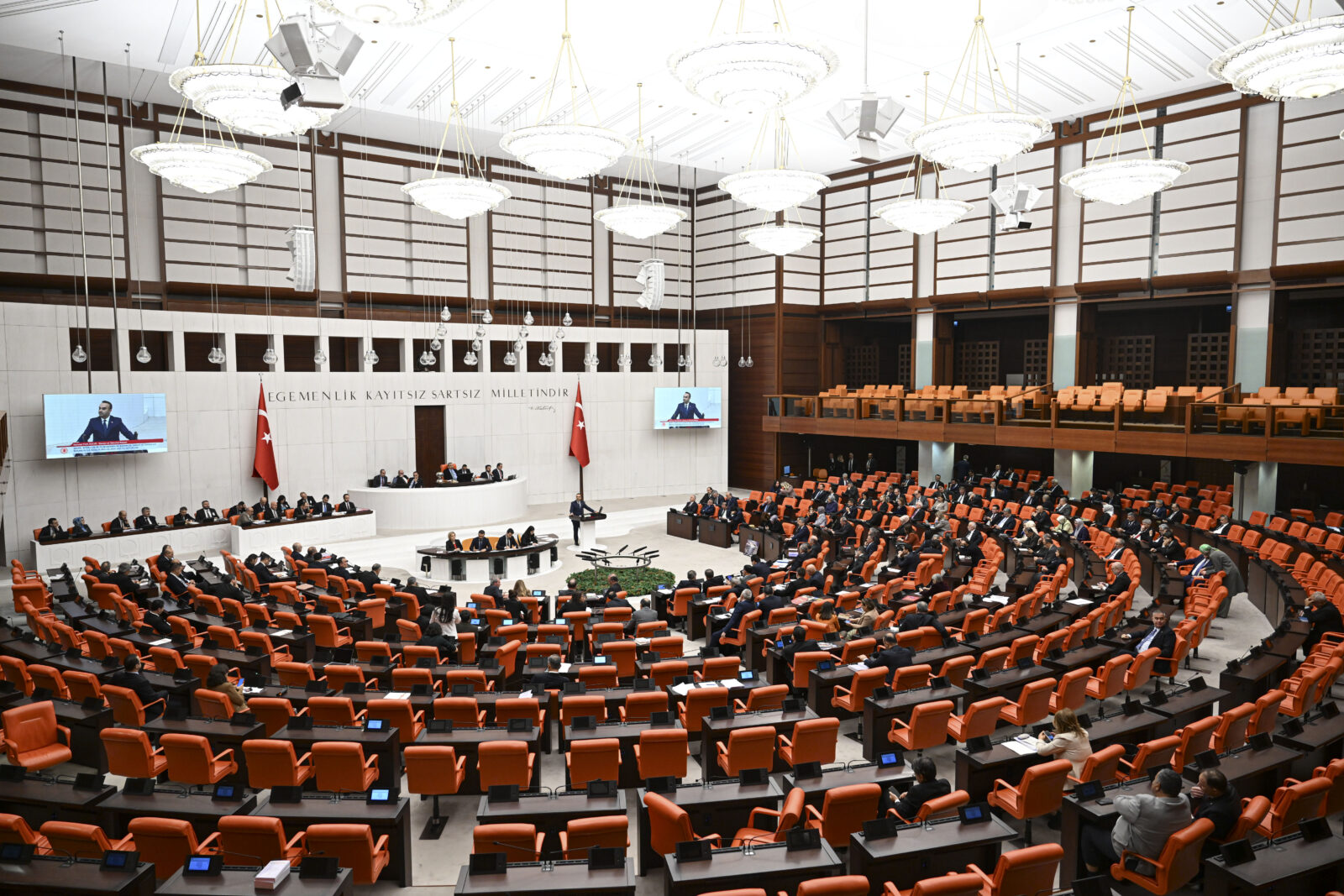
Türkiye's Ministry of Industry and Technology outlined a low-carbon pathway to 2053, focusing on significant investments in key industries. Minister Fatih Kacir announced that $71 billion will be allocated to decarbonization projects across the aluminum, steel, fertilizer, and cement sectors.
“Organized Industrial Zones (OSBs) and industrial regions, connected to ports via rail systems and established based on efficiency through clustering and sustainability with green investments, will continue to have a multiplier effect on Türkiye's production power. We are building a sustainable, efficient, and environmentally friendly production infrastructure,” Kacir said.
Kacir, made statements on Friday during the general assembly at the Turkish Parliament regarding the ministry’s 2025 budget.

Indicating that automotive, white goods and steel production increased from 16.5 million tons to 34 million tons, while iron and steel exports rose from $3.5 billion to $27 billion, Kacir highlighted a substantial increase in Türkiye's domestic industry output.
Kacir emphasized efforts to reduce the carbon footprint of stainless steel production, which he marked as one of the primary goals of Türkiye in this matter.
Drawing attention to the significant increase in exports, Kacir showcased the growth in key export items:
“We increased annual exports of the manufacturing industry from $34 billion to $241 billion across all sectors,” said Kacir, noting that Türkiye’s share in global manufacturing value added rose from 0.7% to 1.33% over the last 22 years. Kacir noted that Türkiye’s export share globally increased from 0.55% to 1.07% and that among OECD countries, Türkiye ranks first in industrial production growth.
Türkiye is the country that exports the most competitive products to the most countries in the belt extending to Central Europe, second only to China. Now is the time to consolidate our economic and technological independence with the National Technology Initiative and elevate Türkiye above the level of contemporary civilizations. The defense industry is the pioneer of this initiative.
Mehmet Fatih Kacir, Minister of Industry and Technology
Kacir noted that through the Scientific and Technological Research Council of Türkiye (TUBITAK), 186 universities and 2,769 companies received ₺9 billion of support for 9,988 projects this year.
Over 22 years, annual research and development (R&D) expenditures increased from $1.2 billion to $16.1 billion, and the number of personnel in R&D grew from 29,000 to 291,000.
Highlighting Türkiye’s achievements, Kacir stated that the country ranks 12th in global patent applications, sixth in trademark applications, and second in design applications.
Kacir indicated the following insights on the technology industry:

Kacir stated that the Technology-Oriented Industry Move Program provides mechanisms to support high-tech investments, covering R&D to mass production.
Kacir emphasized Türkiye's ambition to lead the new mobility ecosystem in the automotive sector, highlighting the goal of producing 1 million electric vehicles annually. He stressed the importance of collaborating with major automotive companies like Ford, Renault, and Toyota, particularly pointing out the electric vehicle factory that Chinese giant BYD plans to establish in Manisa by 2025.
Kacir underscored the local capability for designing and producing chips for the defense industry, introducing the HIT-30: High Technology Investment Program to support the chip industry.
“With the new chip production facility, we will manufacture sensors for use in defense, automotive, and white goods industries. Through the HIT-30 program, we will provide $5 billion in support for technologies at 65 nanometers and above,” Kacir said.